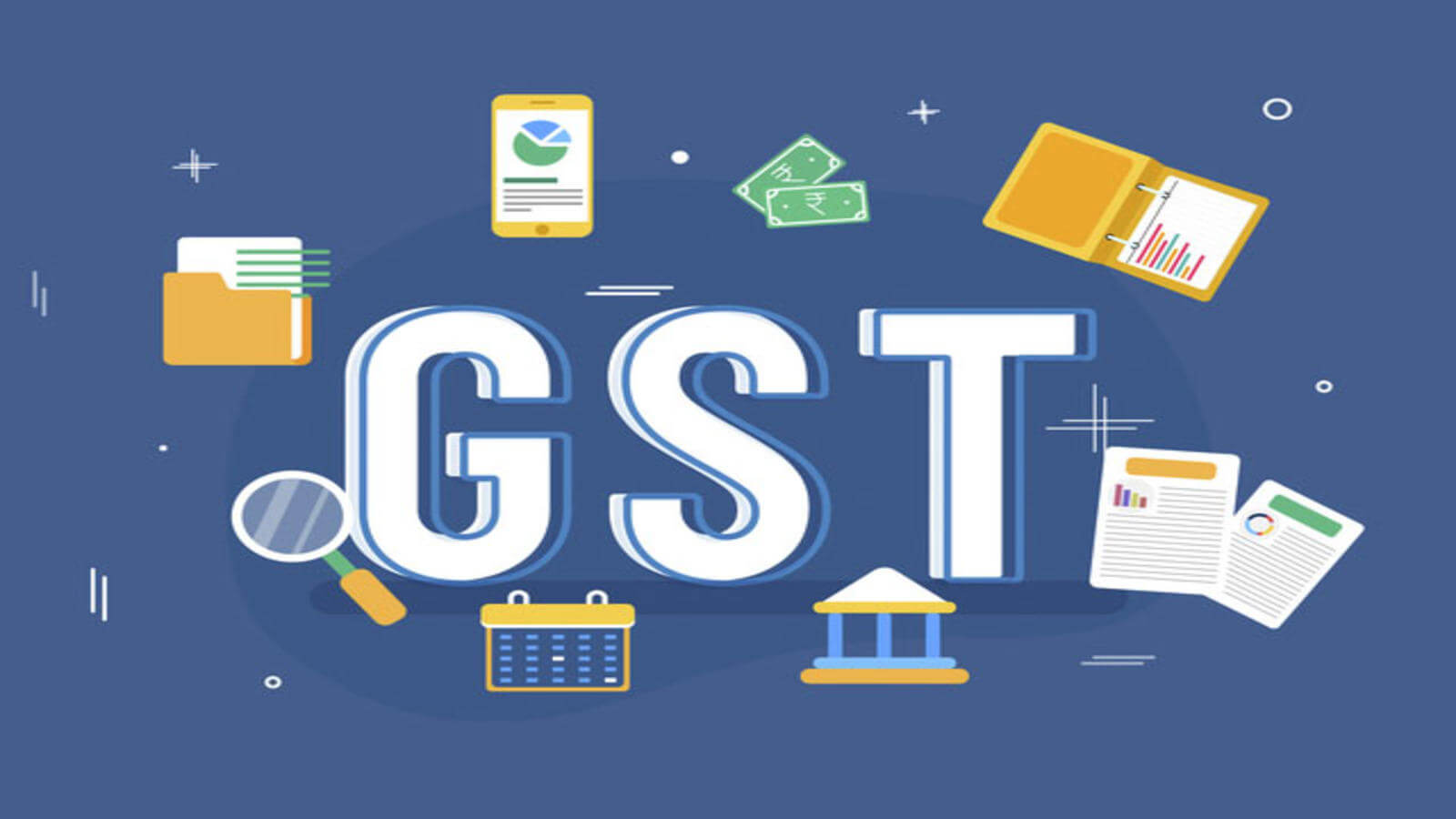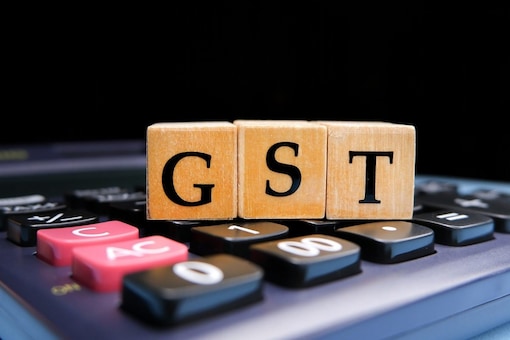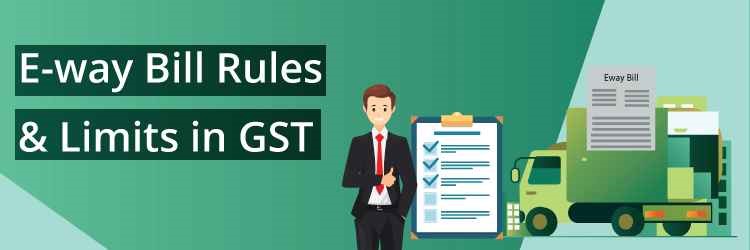GST is a tax levied on supply of goods or services or both, thus it is important to know what exactly are goods or services under GST law. In case a transaction of activity does not involve goods or services, it cannot be subjected to GST.
1. Need for distinction between Goods and Services under GST Law
One may argue that there should be no need for any distinction between good and service as under GST law both are subjected to tax, unlike earlier regime wherein goods were subject to excise duty / VAT and services were subject to service tax.
However above argument doesn’t hold as under GST law there are different rates of taxes for goods and services, separate provisions of determining place of supply and time of supply for goods and services. Thus distinction between good and service is still important under GST law.
2. Meaning of Goods
In terms of Section 2 (52) of the CGST Act “Goods” means every kind of movable property other than money and securities but includes actionable claims, growing crops, grass and other things attached to or forming part of land which are agreed to be severed before supply or under a contract of supply.
The definition of goods has essentially been borrowed from Sale of Goods Act, 1930 with two major variations i.e. actionable claims are included in the definition and securities have been excluded.
The above definition can be summarized as under:
Goods include:
- Every kind of movable property
- Actionable claims
- Growing crops, grass and things attached to or forming part of the land which are agreed to be severed before supply or under a contract of supply.
A goods does not include:
- Money and
- Securities
2.1 Meaning of actionable claims
As per definition of goods ‘actionable claims’ is regarded as goods. Thus it is important to understand what is exactly are actionable claims.
As per Section 2(1) of CGST Act,2017 ‘actionable claims’ shall have the meaning assigned to it in section 3 of Transfer of Property Act, 1882.
As per section 3 of above act, actionable claims means a claims to any debt, other than a debt secured by mortgage of immovable property or by hypothecation or pledge of movable property, or by any beneficial interest in movable property, either actual or constructive, of claimant, which the civil courts recognise as affording ground for relief, whether such debt or beneficial interest be existent, accruing, conditional or contingent.
Illustrations of actionable claims are –
- Unsecured debts
- Claims for arrear of rent – State of Bihar v. Mahatajadhiraja Sr Kameshwar Singh (1952) SCR 889
- Right to claim PF – official Trustee v. I Chippendale AIR 1944 Cal 335
- Right to participate in the draw to be held in a lottery. – Sunrise associates v. Govt of NCT of Delhi (2006) 5 SCC 603
- Recharge coupon which is advance receipt of money for providing service in future.-Bharti airtel v. AC St (2010).
*Actionable claims other than lottery, betting and gambling is not treated as supply as per Para 6 of Schedule –III of the CGST Act, 2017. Thus only lottery, betting and gambling is subject to GST. Other actionable claims are not subject to GST.
2.2 Meaning of Grass and Things attached to earth
The crops, grass, wood etc. are grown on the land and therefore are attached to the earth and they are immovable property. Accordingly in cases where sale of land is made along with the crops, grass , wood we can say that no goods are involved and thus there will be no GST implications,
However where land is not being sold and rather the crops, grass, wood is being sold wherein it is quite obvious that these will be severed from the land and thus they will cease to be an immoveable property and would be regarded as goods under GST law.
3. Meaning of Services
In terms of Section 2(102) of the CGST Act “Services” means anything other than goods, money and securities but includes activity relating to the use of money or its conversion by cash or by any other mode, from one form, currency or denomination, to another form, currency or denomination for which a separate consideration is charged.
Explanation – For the removal of doubts, it is hereby clarified that the expression ‘services’ includes facilitating or arranging transactions in securities.
The words used in the definition are “anything other than goods, money and securities” and thus it can be said that the term services has been defined in a residual manner. This definition is too wide and virtually sky is the limit for the Government to levy tax on services.
It may be noted here that even the immoveable property has not been excluded from the definition of service which was specifically excluded from the definition of service as provided in Section 65B(44) of Finance Act, 1994. However in order to obviate any dispute in this regard the Sale of land and completed building is not regarded as supply as per Schedule III of CGST Act.
4. Meaning of money
As per Section 2 (75) of CGST Act “money” means the Indian legal tender or any foreign currency, cheque, promissory note, bill of exchange, letter of credit, draft, pay order, traveller cheque, money order, postal or electronic remittance or any other instrument recognised by the Reserve Bank of India when used as a consideration to settle an obligation or exchange with Indian legal tender of another denomination but shall not include any currency that is held for its numismatic value;
As the transaction in money is excluded from the definition of goods as well as services they will not be exigible to GST.
Examples of transactions in money are:
- The principal amount of deposits in or withdrawals from a bank account.
- Advancing or repayment of principal sum on loan to someone.
- Conversion of Rs 1,000 currency note into one rupee coins to the extent amount is received in money form.
5. Meaning of securities
Securities have been defined in section 2(101) of the CGST Act,2017 as having the same meaning assigned to it in clause (h) of section 2 of the Securities Contract (Regulation) Act, 1956 (42 0f 1956) in terms of which ‘securities’ includes –
- Shares, scrips, stocks, bonds, debentures, debenture stock or other marketable securities of a like nature in or of any incorporated company or other body corporate.
- Derivative.
- Security receipt as defined in clause (zg) of section 2 of the Securitisation and Reconstruction of Financial Assets and Enforcement of Security Interest Act, 2002.
- Units or any other such instrument issued to the investors under any mutual fund scheme.
- Any certificate or instrument (by whichever name called), issued to any investor by any issuer being a special purpose distinct entity which possesses any debt or receivable, including mortgage debt, assigned to such entity, and acknowledging beneficial interest of such investor in such debt or receivable, including mortgage debt, as the case may be;
- Government securities;
- Such other instruments as may be declared by the Central Government to be securities.
- Rights or interest in securities.
As the definition of services as well as goods under GST Law excludes securities, activities that are in the nature of only transfer of title by way of sale, redemption, purchase or acquisition of securities on principal-to-principal basis, excluding services of dealers, brokers or agents in relation to such transactions, are outside the ambit of ‘services.
However activities which are not in the nature of transfer of title in securities (for example a person agreeing not to exercise his right in a security for a given period of time for a consideration) would be regarded as a ‘service.
6. Components of goods and services: At a glance
The components of goods and services as per aforesaid definitions at a glance is given below:
| Particulars | Whether Goods? | Whether Services? |
| Every kind of movable property | Yes | No |
| Growing crops, grass and things attached to or forming part of the land which are agreed to be severed before supply or contract of supply | Yes | No |
| Anything other than goods | No | Yes |
| Money | No | No |
| Activity relating to use / conversion of money for which a separate consideration is charged | No | Yes |
| Actionable Claims* | Yes | No |
| Securities | No | No |
*Actionable claims other than lottery, betting and gambling is not treated as supply as per Para 6 of Schedule –III of the CGST Act, 2017. Thus only lottery, betting and gambling is subject to GST. Other actionable claims are not subject to GST. Examples of such actionable claims are Insurance Policy, claims for arrear of rent, unsecured loans.
Also Read: All about Composite and Mixed Supply under GST Law
***
[rainbow]Don’t miss the next GST Update / Article / Judicial pronouncement[/rainbow]
Subscribe to our newsletter from FREE to stay updated on GST Law
Resolve your GST queries from national level experts on GST free of cost.
Frah Saeed is a law graduate specializing in the core field of indirect taxes and is the Co-founder of taxwallah.com. She has authored many publications on GST and is into full-time consultancy on GST to big corporates. She as a part of taxwallah.com heads a team comprising of Chartered Accountants and Advocates and plays a key role in our mission to disseminate GST knowledge to all.




